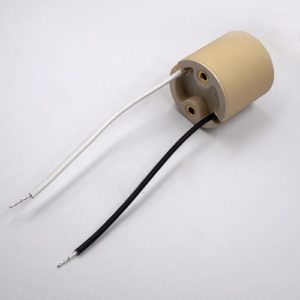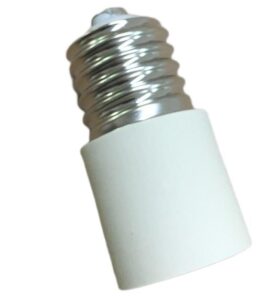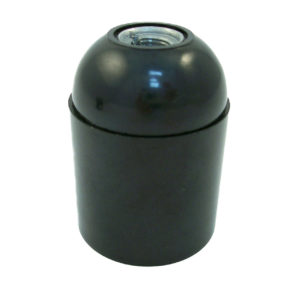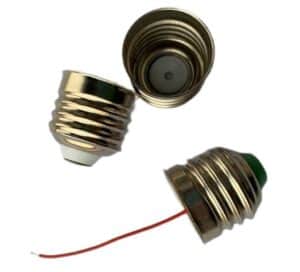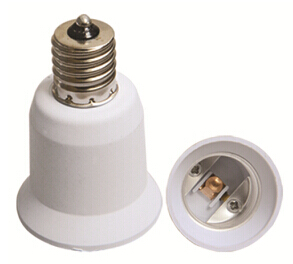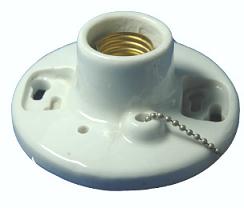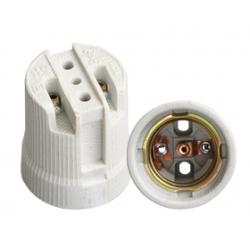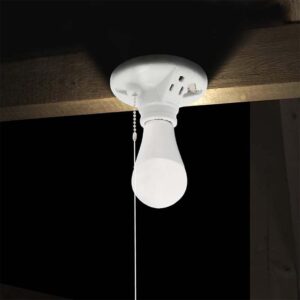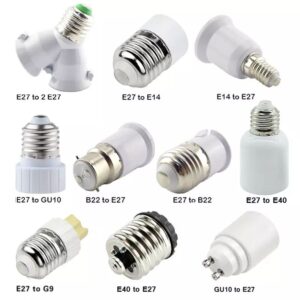If you don’t ground your ceiling lights correctly, it can be dangerous. It can cause electrical shock or a fire. If you make sure you ground your ceiling lights, you keep everything safe.
Yes, most ceiling lights need to be grounded for safety. This makes sure that if there’s a problem and the wires touch each other, the electricity goes into the ground instead of you. Follow the local electrical codes where you live when you install light fixtures.
Grounding your ceiling lights is important for safety and electrical code compliance.
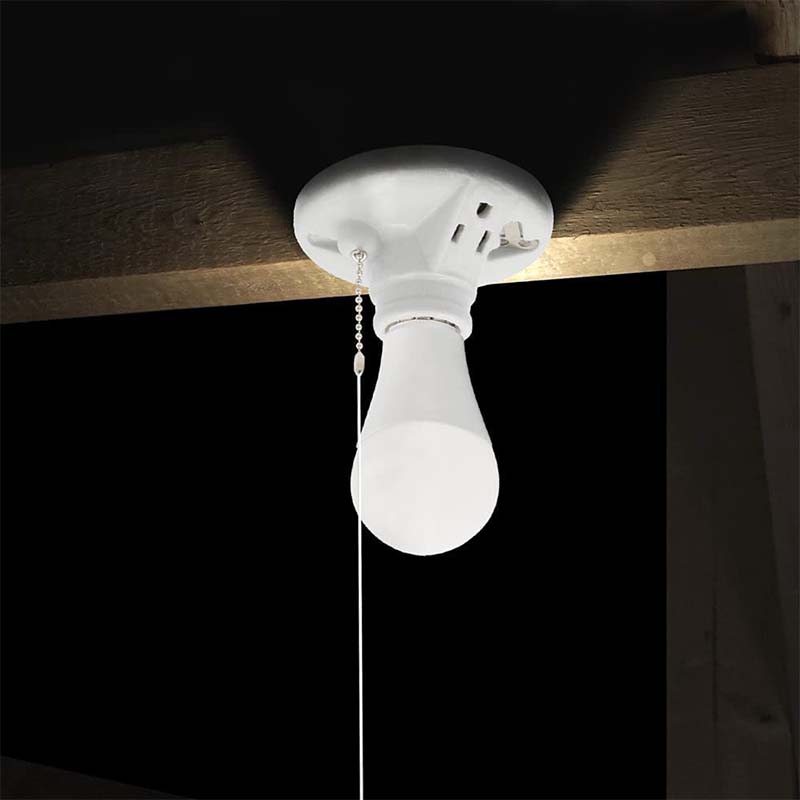
Why Grounding is Essential for Ceiling Lights
Grounding serves as a safety mechanism that prevents electric shock and fire hazards. A ground wire ensures that in the event of a fault or short circuit, electricity flows safely into the earth, away from users and appliances. This layer of protection is vital in environments where metal fixtures or wet conditions are present.
Ceiling lights, especially those made of metal, are more prone to conducting electricity. Without grounding, a loose wire or faulty insulation could energize the metal parts of the fixture, increasing the risk of shock when touched. Grounding prevents such dangers by providing a safe path for stray electrical current.
What Happens If You Don’t Ground a Ceiling Light?
If a ceiling light is not grounded, the risks of electrical hazards increase significantly. In the case of a short circuit or malfunction, the electricity may energize the metal parts of the fixture, making them dangerous to touch. Without a ground wire, the electrical current has nowhere to go except through any person or object that makes contact.
This could lead to severe injury, property damage, or even electrical fires. Grounding ensures that the current is safely redirected into the earth, protecting people and equipment from potential harm.
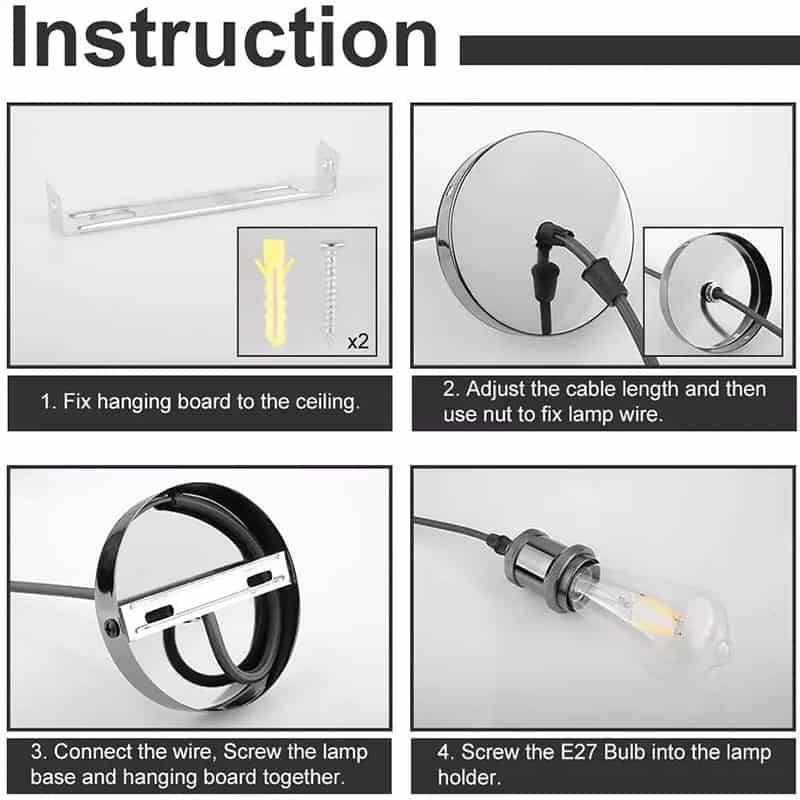
Can You Install a Ceiling Light Without a Ground Wire?
In some cases, older homes may lack ground wiring. Although it’s possible to install a light fixture without a ground wire, it is not recommended. Modern building codes generally require grounding for safety. However, if no ground wire is available, certain precautions must be taken, such as using a non-metallic fixture or retrofitting the electrical system to include a ground.
Always consult with a qualified electrician before installing a ceiling light in such scenarios. Proper grounding is essential for reducing the risks associated with electrical installations.
Is It Safe to Operate a Light Without a Ground Wire?
Operating a ceiling light without a ground wire is not ideal, and in many cases, it’s not safe. While the light may function normally, the absence of grounding means that in the event of an electrical fault, the user could be exposed to dangerous voltage levels. Grounding not only protects against shock but also helps prevent electrical fires by diverting the fault current safely.
Installing ceiling lights without grounding can also violate electrical codes, which are designed to protect homeowners from these potential hazards.
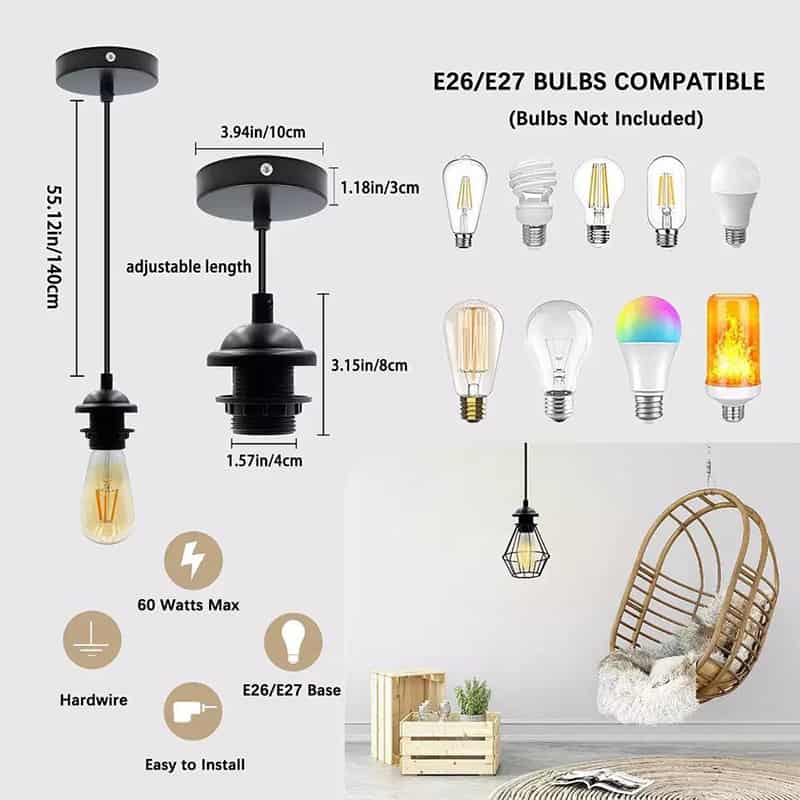
Where Do You Connect the Ground Wire in a Ceiling Light?
When installing a ceiling light, the ground wire is typically attached to a grounding screw or clamp located on the fixture’s mounting bracket or metal box. If a fixture does not have a dedicated ground screw, it should be connected to any exposed metal parts on the fixture or junction box.
Always ensure that the ground wire is securely fastened to a conductive surface to allow safe dissipation of electrical current. If in doubt, it’s advisable to refer to the manufacturer’s instructions or consult an electrician.
What Ceiling Lights Don’t Require Earthing?
Some ceiling lights, especially those made entirely of non-conductive materials like plastic, do not require grounding. These fixtures are considered “double insulated,” meaning they are designed in such a way that the risk of an electrical fault reaching the user is minimal.
However, even though grounding may not be necessary for these types of fixtures, they must still meet local electrical codes and regulations. Always verify whether a fixture requires grounding by checking the manufacturer’s instructions.
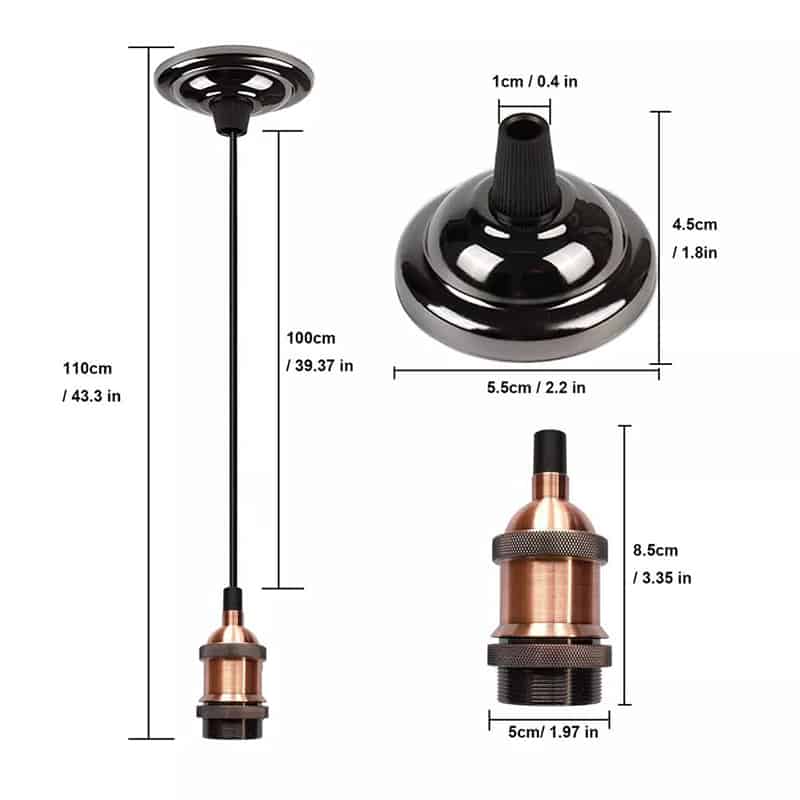
Why Do Some Ceilings Lack Earth Wires?
In older homes, it’s common to find electrical systems without ground wires. Before the mid-20th century, many buildings were constructed with two-wire systems that did not include grounding conductors. These outdated systems pose higher safety risks, as they do not offer the same protection against electrical faults.
If your ceiling lacks an earth wire, it may be time to consider an electrical upgrade. Retrofitting a ground wire into the system can improve safety and bring the installation up to current electrical standards.
Do LED Light Fixtures Need Grounding?
LED light fixtures, like other light fixtures, generally require grounding for safety, especially if they contain metallic parts. Grounding an LED fixture ensures that in the event of a fault, any live current is safely channeled away. This is particularly important in areas prone to moisture or in fixtures made of conductive materials.
Although some LED lights may be designed with insulated, non-conductive housings, it’s important to follow local building codes and manufacturer instructions. Proper grounding ensures compliance and minimizes risks.

What Happens If You Wire a Ceiling Light Incorrectly?
Wiring a ceiling light incorrectly, especially without grounding, can have dangerous consequences. Miswiring can cause short circuits, tripped breakers, or even electrical fires. Additionally, if the light’s metal parts are energized due to improper wiring, anyone touching the fixture may receive an electric shock.
Ensuring proper wiring, including secure grounding, is essential for the safe operation of any ceiling light. Always double-check connections and consult professional electricians when necessary.
Final Words:
You must ground your ceiling lights to keep things safe and meet the electrical code.

